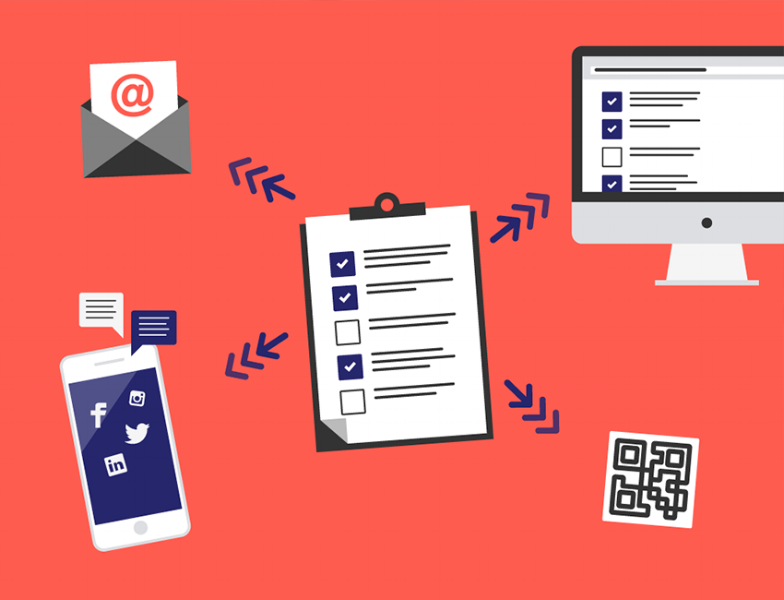For many years, if you wanted to conduct a quantitative survey that was truly representative of the general population, a phone survey was the obvious way to go. However, advances in online research platforms and the rise of customer panels have paved the way for online surveys to be a strong contender for your gen-pop studies. There are pros and cons to both methods, so which should you choose?
Phone surveys
Pros:
- Anyone with a phone number can be reached and is a potential respondent, allowing broad access to the entire population. This is especially useful for niche or hard-to-reach populations.
- The interviewer can clarify questions and statements in the survey.
- Researchers can listen to the interviews as they’re taking place.
Cons:
- Phone surveys are expensive! Remember, you have to pay the interviewers in the call center to make the calls, conduct the survey and enter the results. That adds up.
- To get a truly representative sample, you must include cell phones in your sampling plan. Federal laws restrict the ways in which cell phones can be used for research purposes, so the cost per complete will be 2-3 times higher for every cell phone survey you conduct.
- Due to caller ID and the abundance of robocalls and telemarketers, response rates for phone surveys continue to decline.
- According to a 2015 Pew Research study, phone surveys with a human interviewer are more likely to encounter “social desirability bias.” This is where respondents give answers that they consider to be more “socially acceptable” or portray themselves in a more positive light because they’re talking to another person.
Online surveys
Pros:
- Online research is much more affordable than phone studies.
- You can test many different types of stimuli online, such as videos and print materials, which is not possible over the phone. This is great for ad and concept testing!
- The truth comes out. Since online surveys are self-administered, respondents can take more time to think about their responses. And since they're not speaking to another individual, they’re more likely to give their honest opinions.
Cons:
- Some segments of the population may be unlikely to have access to a computer or reliable internet connection, particularly low income, rural and elderly households.
- To conduct a gen-pop study online (i.e. not using a customer email list), respondents must be sourced from a 3rd party panel.
But don't get too hung up on the cons for online research. While its true that there are some people with no internet access, that number is declining fast due to the proliferation of smartphones and broadband access expanding to rural communities. And there are several strategic advantages to using a 3rd party panel. Evolve has built relationships with the largest and most reputable panel providers in the industry. Our partners have access to millions of consumers and maintains detailed profiles of their panelists, making it easier to find those needles in the haystack.
Don’t get us wrong, phone surveys certainly still have a place in our research arsenal. But the benefits of conducting your quantitative surveys online should not be ignored.
More Like This:
Posted by Stewart

Stewart is passionate about all things research. Designing studies, analyzing data, and moderating interviews - Stew does it all. Outside of research, he enjoys spending time with his wife and kids and trying new recipes on the grill.



